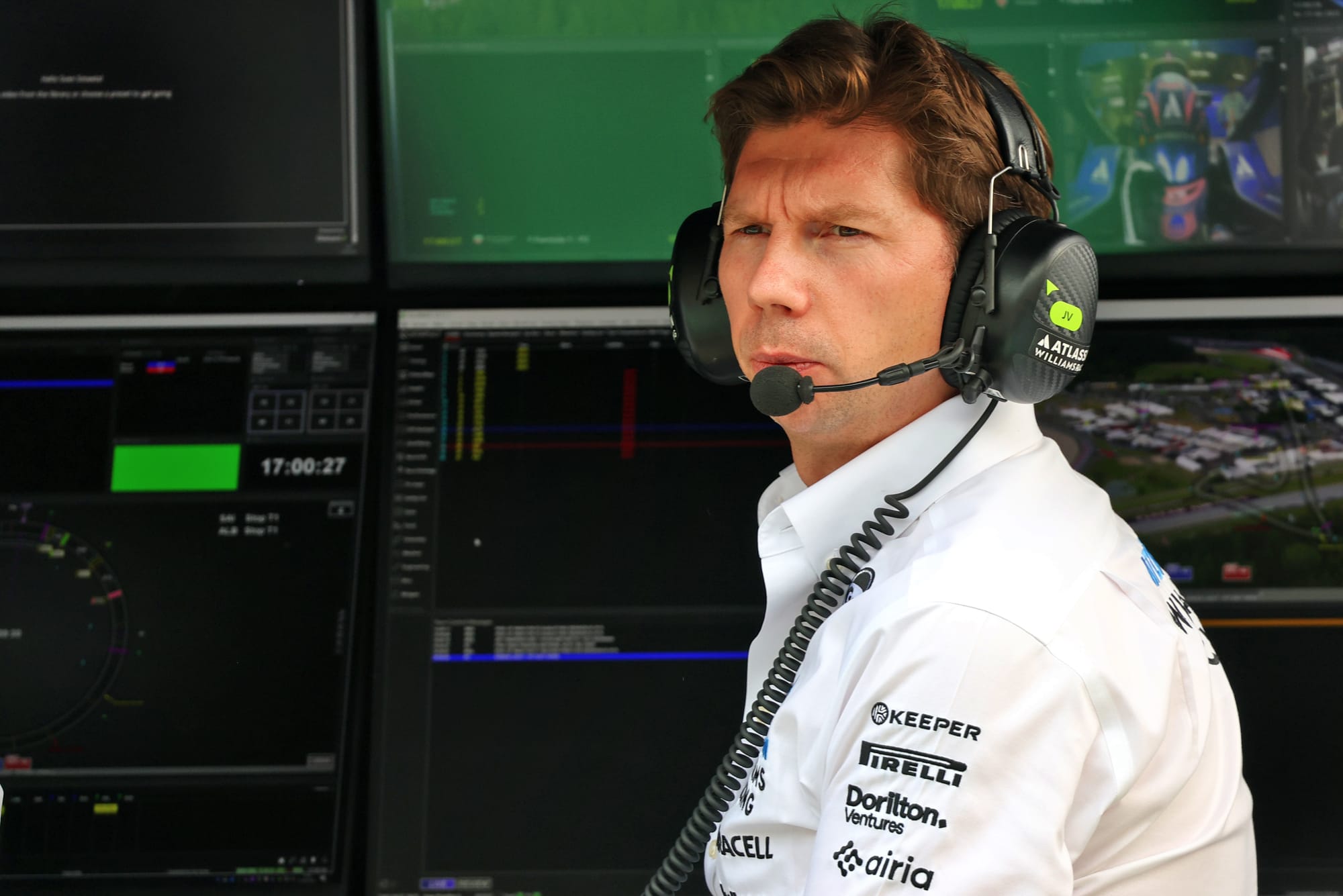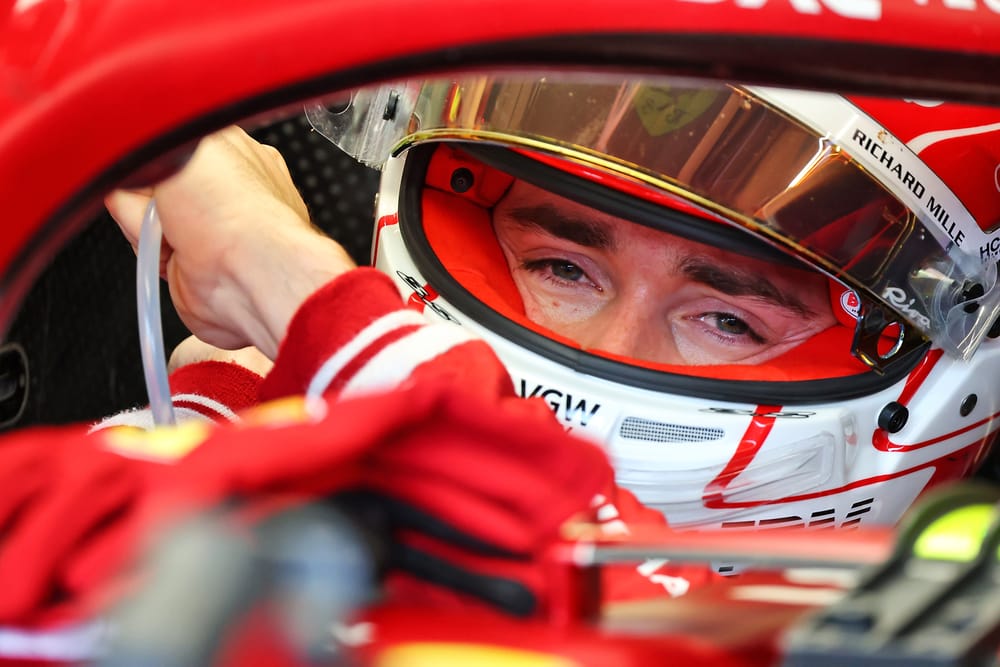A rival Formula 1 team boss has reassured Charles Leclerc that his early concerns about 2026 cars will ease over time as Ferrari gets a better understanding of the new rules.
Williams team principal James Vowles reckons that Leclerc's comments about his first run in a 2026 simulator model being ‘not enjoyable' are likely more down to Ferrari having an immature understanding of the regulations than there being a wider problem with the new rule set.
But Vowles does concede that several critical issues still need to be resolved when it comes to ensuring that next year's new hybrid regulations are a success.
Asked by The Race if Leclerc's initial impressions of the 2026 F1 car were a warning sign that the new rules would produce a weird spectacle, Vowles said: "I don't think so.
"There is a driving style change that you need to do, but it's like anything – we had to change driving style to adapt to these cars.
"No one really wants to be kangarooing along the ground, and yet, actually, I think the formula now is quite a good racing series for what it is worth."
At a time when all F1 teams are balancing current 2025 car development versus getting a headstart on the 2026 rules, Williams has been among the most overt in being willing to sacrifice the current season and put full focus on the new regulations.
Vowles therefore suggests that with Williams having already gained a great deal of understanding with its 2026 car, it has already lived through the early pain that Leclerc and Ferrari may be experiencing.
"I think it's probably fair to say we're advanced relative to other teams in terms of what we're doing," he said. "And it gets better – that is my comment to Charles.
"It kind of gives us an indication of where they are at the moment in terms of their cycle. I actually don't think the formula for next year is bad at all. I think it's different."
More work needed

Despite his confidence over how things are looking for 2026, Vowles does concede that some critical issues still need sorting before F1 can feel satisfied that the rules will be a success.
"I think there's work to be done, because I'm a little bit concerned about how we get the differentiation in terms of overtaking," he said.
"There's some real detail, nitty gritty things, that we've got to sort out.
"[For example] do we run straightline mode in the wet? It doesn't sound really exciting or important, but we're going to be running the cars low, and if you disable straightline mode and it dries up, you're just basically going to wear through the front of the car.
"So there's some details like that we've got to get into and fix, but we will do it.
"But once you go over the hurdle [of understanding the 2026 rules], there are some nice things that come up the other side of it. They're just not there yet. So I'm looking forward to next year, not the other way around."
Delivering more overtaking is one of the core aims of the change, with it now accepted that the current regulations did not fully succeed in allowing cars to follow each other close enough.
Vowles reckoned that the jury was out at the moment on how successful the 2026 cars will be on this front – but thinks future tweaks can help things.
"I think you'll get the cars closer together as a result of it [the new rules]," he added. "One of the key elements of the regulations is to achieve that.
"But if you think about our world, we develop a car in very much a singular environment. We don't consider another car in front. You don't even simulate another car in front.
"And this is more me heuristically looking at it, but does it have a DRS type switch difference in the same level? It doesn't. We're doing it through energy. Is that going to be enough? I'm not sure.
"And what happens if straightline mode gets canceled. In that regard, these are all questions that you don't really do multi-car simulations on.
"But they're questions I'm bringing out to the world, saying, I think there's some elements there that probably need discussion. But the good news is you can capture that in sporting regulations, not in technical regulations."



